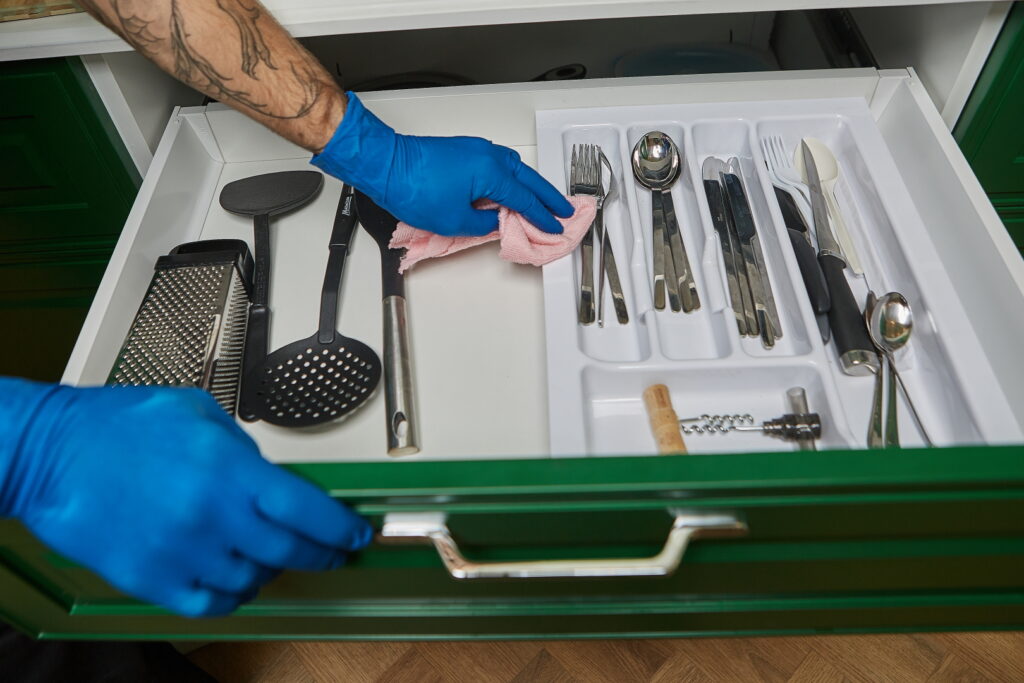The Ultimate Guide: How Long Do You Currently Wait for Tradesmen? Uncovering the Truth Behind Delays
If you've ever found yourself counting the days (or even weeks) waiting for a tradesman to show up at your door, you're not alone. In today's fast-paced world, homeowners often face frustrating delays when seeking the services of plumbers, electricians, and other skilled professionals. But how long do you currently wait for tradesmen? This article dives deep into the average wait times, the reasons behind these delays, and what you can do to ensure a timely response from the tradespeople you need. Understanding these dynamics can save you time, money, and a lot of headaches.

How Long Should You Expect to Wait for Tradesmen?
When it comes to hiring tradespeople, many homeowners have reported long wait times. According to recent studies, the average wait time for a tradesman can range from a few days to several weeks, depending on various factors. Here are some insights:
- Peak Seasons: During busy seasons, such as summer and winter, many tradespeople receive a higher volume of work, which can extend wait times significantly. In peak seasons, it’s not uncommon for wait times to reach 2-4 weeks for common services like plumbing or HVAC repairs.
- Type of Service Required: The nature of the job also plays a crucial role. Emergency repairs, such as a sudden plumbing leak, may prompt quicker responses, while routine maintenance might require longer wait times. On average, emergency services can dispatch professionals within a few hours, whereas routine tasks may lead to waits of a week or more.
- Geographical Location: Your location dramatically influences wait times. Urban areas often have a higher availability of tradesmen, leading to shorter wait times (often within a few days). Conversely, rural areas may suffer from limited availability, resulting in waits stretching two weeks or longer.
Insight into the Common Delays
Understanding the reasons behind these delays can help you formulate strategies for minimizing your wait times. Here are several common factors that can increase the time you wait for tradesmen:
-
High Demand for Services: Especially during extreme weather conditions, demand for tradesmen skyrockets. If your area has recently experienced significant weather events, expect longer wait times.
-
Scheduling Conflicts: Tradesmen often juggle multiple projects simultaneously. Therefore, their availability can fluctuate dramatically. One scheduling conflict can ripple through their entire week or month.
-
Availability of Materials: Sometimes, the delay is due to waiting for specific materials needed for the job. If a tradesman requires custom parts, this can significantly extend your wait time.
-
Communication Issues: Miscommunication can lead to delays. For instance, if you and the tradesman do not align on the job's priorities or details, this can create unnecessary waiting periods.
-
Shortage of Skilled Professionals: The construction and trades industries occasionally experience labor shortages. As fewer professionals enter the workforce, existing tradesmen become inundated with work.
How to Minimize Your Waiting Time
While you can’t control every factor that contributes to delays, you can take actionable steps to minimize the time you wait for tradesmen. Here are some expert tips:
- Plan Ahead: Don’t wait for an emergency to seek out a tradesman. Regular maintenance can drastically reduce the number of urgent repairs required. Schedule routine check-ups and services well in advance.
- Get Recommendations Early: Tap into your network for recommendations on reliable tradesmen. The sooner you know whom to call, the quicker you can secure their services.
- Request Quotes from Multiple Sources: Don’t settle for the first tradesman you contact. Reach out to several to compare availability and costs. This approach encourages timely responses and ensures you find a professional who can meet your timeline.
- Be Flexible with Timing: Flexibility can work in your favor. If you’re open to having work done at off-peak hours or even days, you may find a tradesman who's willing to accommodate you sooner.
- Utilize Online Platforms: Use online scheduling tools and platforms dedicated to tradespeople, where you can instantly book services. Many of these platforms provide immediate responses and have up-to-date availability.
Frequently Asked Questions - Waiting for Tradesmen
-
What are the average wait times for a tradesman?
On average, homeowners report waiting anywhere from one week to a month, depending on service type and urgency. -
How can I ensure faster service?
Plan ahead, ask for recommendations, and use online scheduling tools to book services quickly. -
What should I do if a tradesman is late?
If you notice delays, a friendly follow-up call can clarify the situation and remind the tradesman of your scheduled appointment. -
Are there any tradesmen that respond faster than others?
Yes, emergency services typically respond faster, often within hours without the long wait commonly associated with routine repairs. -
How can I avoid scams when hiring tradesmen?
Always ask for references, check reviews, and verify licenses to ensure you are working with qualified professionals.
Conclusion: Don't Let Waiting Be Your Norm
In conclusion, the question "How long do you currently wait for tradesmen?" highlights an ongoing frustration for many homeowners, but understanding the average wait times and the variables that influence these delays can empower you to take control of the situation. While wait times can extend due to peak demand, scheduling conflicts, and more, implementing proactive strategies can help you secure timely services. By being equipped with knowledge, planning ahead, and making informed decisions, you can significantly reduce your wait time and enjoy a smoother experience whenever you require the expertise of tradesmen. Take charge today, and never let waiting for tradesmen be the norm in your home again!















